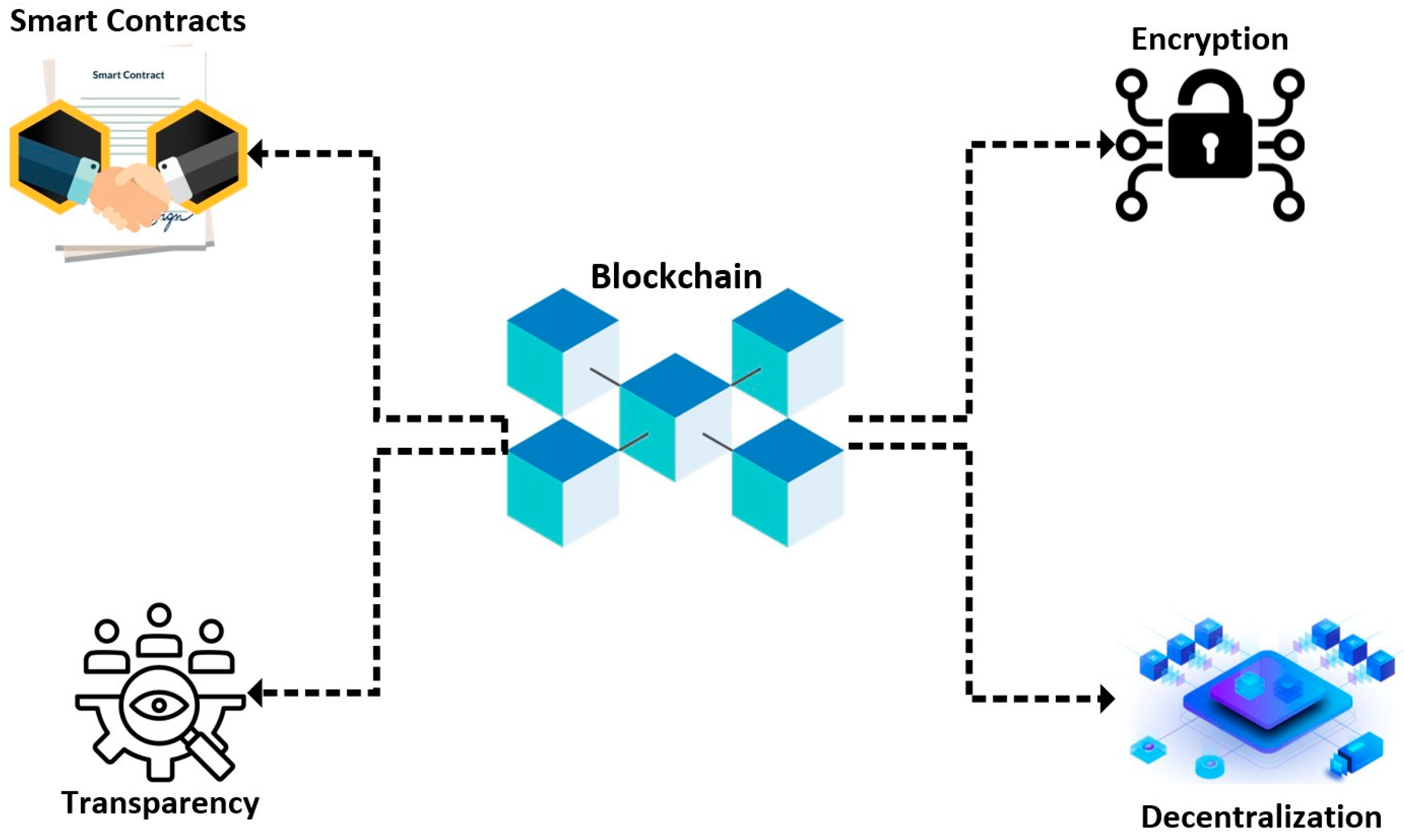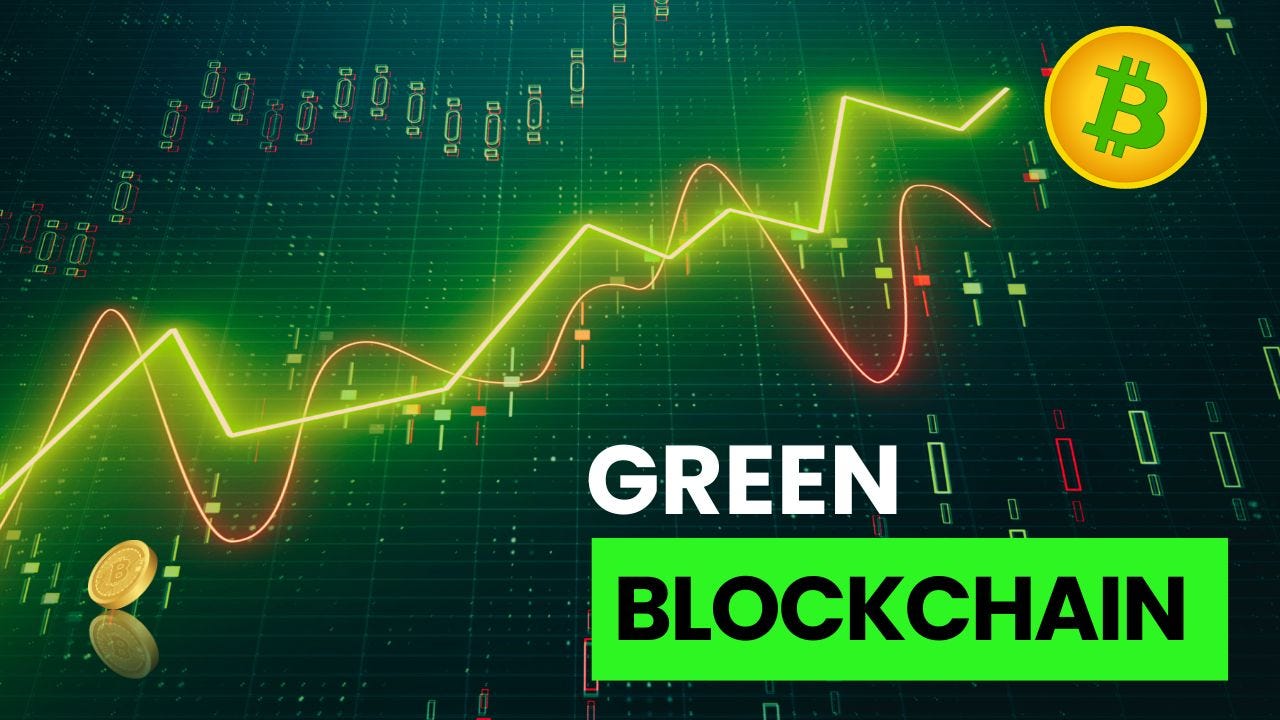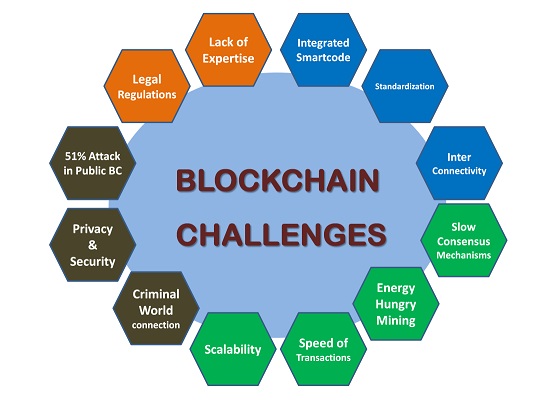The blockchain revolution is just getting started. Indeed, its most revolutionary effects are yet to be witnessed in the future. Originally referred to as the backbone of digital currencies such as Bitcoin, blockchain has grown to become an innovation driver, revolutionizing industries, governments, and individual empowerment. So, what lies ahead? Here's a sneak peek at the future of blockchaining.
1. Decentralized Everything
Blockchain's underlying principle is decentralization—removing middlemen and allowing people to have direct control of their interactions. As blockchain gets older, we can look for its decentralized attributes to spread into other areas:
- Healthcare: Visualize a future where patients are the owners of their health data, safely unlocking it to healthcare professionals when needed. Blockchain can provide data verifiability, minimize fraud, and make patients owners of their data.
- Supply Chain: Supply chain transparency is becoming essential. Blockchain has the potential to facilitate real-time tracking of commodities, authenticity checks, and counteracting ethical sourcing issues.
- Identity Management: Blockchain-secured digital identities can mitigate identity theft, allowing secure access to services such as voting, finance, and social welfare.
Decentralization has the potential to transform the trust model among individuals, business organizations, and governments.
2. Blockchain Meets Artificial Intelligence
The marriage of blockchain and AI remains untapped. Combining the transparency of blockchain with the decision-making capabilities of AI has the potential for:
- Public, transparent, verifiable blockchain-stored datasets utilized for AI model training.
- Self-executing machines that automatically execute smart contracts on blockchain without human intervention.
- Improved auditability of AI algorithms for ethical usage.
This fusion would create breakthroughs in automation, predictive analysis, and decision-making processes.
3. Green Blockchain Technology
One of the increasing concerns for blockchain is its environmental footprint, particularly in the energy-hungry mining practices. The future will be increasingly about "green" blockchain technologies:
- Shift away from Proof of Work (PoW) to Proof of Stake (PoS), which uses significantly less energy.
- Creation of green mining practices based on renewable energy sources.
- Incorporation of blockchain into carbon credit systems such that carbon offsets can be traced and traded with precision.
- Sustainability is imperative for long-term adoption of blockchain, and innovation in this space is not negotiable.
4. Governments and Regulation
Governments across the globe are realizing the potential of blockchain, and their moves are going to decide its destiny:
- Central Bank Digital Currencies (CBDCs): Governments are looking at blockchain-based currencies, which offer traceability and transparency.
- Regulatory Frameworks: Regulation will bring stability to the adoption of blockchain, but over-regulation will end its innovation. The art will be achieving the balance.
- Uses of Blockchain in Public Sector: Blockchain can revolutionize public services such as land registry, tax and payment collection, and voting to make them transparent and efficient.
Government and Blockchain relationship will determine how it influences society, whether by disrupting or collaborating.
5. Making it More Accessible
Blockchain technology needs to be made easier to use in order to realize its potential. Making interfaces easier, lowering costs, and making it more scalable will bring blockchain to the masses. Low-tech systems to participate will bring its application to the masses.
In addition, closing the digital divide by bringing internet to rural communities can bring even the unbanked into the promise of blockchain.
6. Challenges on the Horizon
The future is bright, but not without challenge:
- Scalability: It remains challenging to handle millions of transactions in real time.
- Interoperability: Blockchains have the tendency of existing in silos. Interoperability of them will open new avenues.
- Cybersecurity: As blockchain expands, exploits that work on vulnerabilities will increase.
- Ethical Considerations: Finding the equilibrium point between decentralization and accountability is essential.
Conclusion
The future of blockchain is not only a technological revolution but a philosophical evolution towards empowering individuals, increased transparency, and international cooperation. Blockchain is the cornerstone of a new digital world in healthcare, finance, AI, and sustainability.
The road ahead will be tough, but the possibilities are endless. With innovation speeding up, the future of blockchain promises an increasingly interconnected, fair, and secure world. Welcome it with wisdom.






Comments
Post a Comment